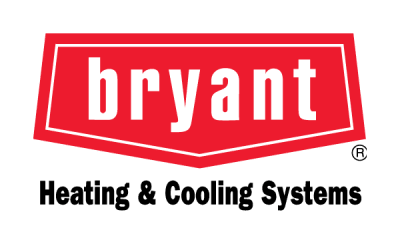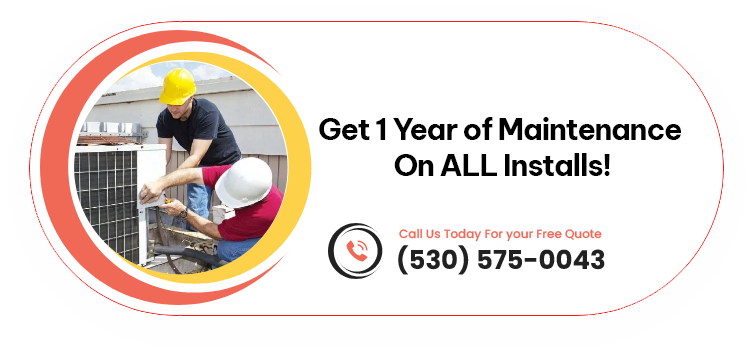A boiler is a critical part of your home’s heating system. Whether you are building a new home or upgrading your current heating setup, understanding the boiler installation process can help you make informed decisions. A well-installed boiler ensures efficient heating, leading to improved comfort and lower energy bills.
Key Considerations Before Boiler Installation
Before starting a boiler installation, it’s important to consider various factors that can affect the efficiency and longevity of your heating system. Here are some key points to keep in mind:
1. Home Size and Heating Needs: The size of your home will determine the size of the boiler you need. A larger home will require a more powerful boiler to ensure all areas get adequate heating. Assessing your heating requirements beforehand can help you choose a suitable model.
2. Budget: Boilers come in a range of prices, and your budget will likely influence your choice. While it may be tempting to go for a cheaper option, investing in a high-quality boiler can save you money in the long run through improved efficiency and fewer repairs.
3. Fuel Type: Boilers can run on different fuels, such as gas, oil, or electricity. Selecting the right fuel type for your home is crucial. Consider factors such as availability, cost, and efficiency when making your decision.
4. Efficiency Ratings: Modern boilers come with efficiency ratings that indicate how well they convert fuel into heat. Higher efficiency ratings mean lower energy consumption and cost savings. Our professionals can help you identify the best options available.
5. Installation Space: Where you plan to install the boiler matters. Ensure there is enough space for the unit and that it meets all safety regulations. Proper ventilation is also essential for the safe operation of the boiler.
Types of Boilers and Their Benefits
There are several types of boilers available, each with its own set of benefits. Understanding these types can help you choose the best boiler for your home.
1. Combi Boilers: Combination boilers, or combi boilers, are compact and efficient. They provide both heating and hot water directly from the unit, eliminating the need for a separate water tank. This makes them ideal for smaller homes with limited space.
2. System Boilers: System boilers require a separate hot water storage cylinder but no cold water tank. They are perfect for homes with higher hot water demands, as they provide a steady supply of hot water to multiple bathrooms and taps at the same time.
3. Conventional Boilers: Also known as regular or traditional boilers, these systems use both a storage tank and a water cylinder. They are suitable for larger homes where the demand for hot water is high. Their setup provides excellent pressure to multiple outlets simultaneously.
4. Electric Boilers: Electric boilers are an efficient and eco-friendly option, especially if your home isn’t connected to the gas grid. They are easy to install and maintain, requiring less space and fewer components compared to gas or oil boilers.
5. Condensing Boilers: These boilers are designed to maximize efficiency by capturing heat from exhaust gases that would otherwise escape through the flue. This makes them more efficient than non-condensing boilers and can result in significant energy savings.
The Boiler Installation Process Explained
Understanding the boiler installation process can help ensure it goes smoothly and efficiently. Here’s a step-by-step overview of what you can expect when our professionals handle your boiler installation:
1. Assessment and Planning: Our technicians will first assess your home’s heating requirements and existing heating system. This includes evaluating the size of your home, your heating needs, and where the new boiler will be installed. A detailed plan will be created to ensure the installation is efficient and meets all your needs.
2. Choosing the Right Boiler: Based on the assessment, our professionals will help you select the most suitable boiler type. Whether it’s a combi, system, or conventional boiler, they will ensure it matches your heating requirements and budget.
3. Preparation: Before the actual installation, our technicians will prepare the installation area. This may involve clearing the space and ensuring all necessary connections (like gas lines, electrical wiring, or water pipes) are ready for the new boiler.
4. Installation: The new boiler will then be installed following industry standards and safety regulations. Our professionals will connect all necessary components and ensure the system is set up correctly.
5. Testing and Calibration: After installation, the system will be tested and calibrated. Our technicians will ensure the boiler operates efficiently and safely, providing you with optimal heating.
6. Final Checks and Handover: Once installed and tested, a final check will be conducted. Our professionals will explain the system operation to you, providing tips on how to use and maintain your new boiler.
Maintaining and Repairing Your Boiler
Regular maintenance and timely repairs are crucial for keeping your boiler in top condition. Proper care can extend the life of your boiler and improve its efficiency. Here’s what you need to know about boiler maintenance and repair:
1. Annual Servicing: It’s essential to have your boiler serviced annually by our technicians. Regular servicing can identify potential issues early and ensure all components are functioning correctly. It can also verify that your boiler meets safety standards.
2. Regular Inspections: In addition to annual servicing, periodic inspections are recommended. Our professionals will check for signs of wear and tear, especially on key components like the heat exchanger, burners, and controls.
3. Immediate Repairs: If you notice any issues, such as strange noises, reduced efficiency, or leaks, contact us immediately. Prompt heater repair can prevent minor problems from becoming major, costly issues.
4. System Flushing: Over time, sludge and debris can build up in your boiler system, reducing efficiency. Our technicians can perform a power flush to clean out the system, ensuring it runs smoothly.
5. Thermostat Replacement: An effective thermostat is essential for maintaining the correct temperature. If your thermostat is faulty or outdated, our technicians can replace it, ensuring better control over your heating system.
Conclusion
Installing a new boiler is a significant investment that can enhance your home’s heating efficiency and comfort. Understanding key considerations before installation, the types of boilers available, and the installation process helps in making an informed decision. Regular maintenance and timely repairs are essential for the longevity and efficiency of your boiler.
At BAEHR Heating & Air, we understand the importance of a reliable heating system. Our professionals are dedicated to providing expert boiler installation in Lake Wildwood tailored to your needs. Don’t wait for problems to arise—contact us today and let us help you keep your home warm and comfortable all year round!







